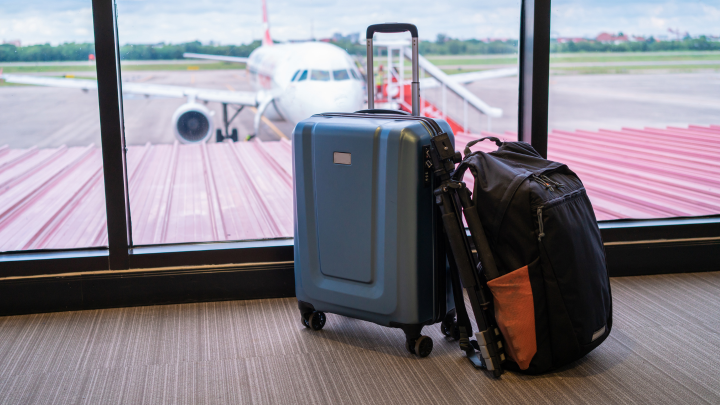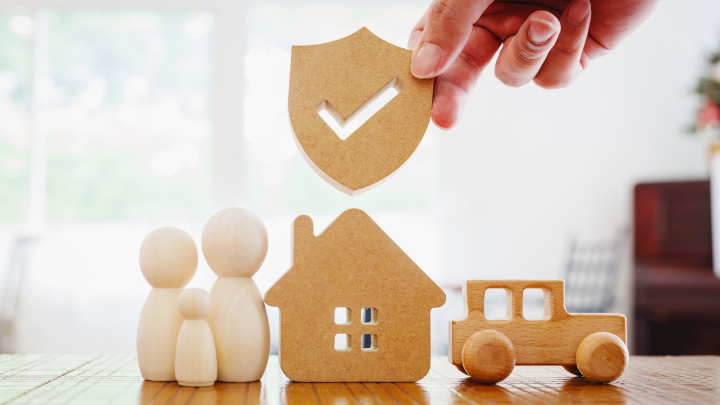
Holy Smokes – Is Your Smoke Alarm Working?
For as long as I can remember, I’ve known of the importance of smoke alarms and how having one can save our lives and our family. I also know how annoying a smoke alarm can be when the batteries run low, beep…beep…beep…beep. Annoying but useful.
But from time to time we also hear a news story about a smoke alarm failing to save lives in a fire because it wasn’t working properly.
Investigations into 47,500 house fires from 2007-2011 in British Columbia, Alberta and Ontario showed that your chances of dying in a fire jump to nearly 75% when you don’t have a functioning smoke alarm (ew, that’s an ugly statistic).
To protect your family if tragedy strikes in the form of a fire, keep these things in mind:
Almost 30 per cent of smoke alarms are not fully functioning.
This means you need to check frequently that your smoke alarms are working properly. Alarms need to be tested regularly and batteries need to be replaced immediately when they stop working, or every six months.
Certain smoke alarms detect certain fires better.
There are two types of technology that smoke alarms use when detecting a fire: ionization and photo-electric. Smoke alarms only use one of the types to detect particles that are spewed into the air during a fire. Ionization alarms detect smaller particles from fast-flaming fires faster than photo-electric ones do. Photo-electric alarms detect the larger particles of smouldering fires faster than ionization alarms do. You should have both alarm types in your home.
Smoke alarms are being designed with consumers’ desires in mind.
Manufacturers are creating alarms that are sleek and elegant-looking and can be connected to your home’s Wi-Fi. These devices can also send notifications to your cellphone if something out of the ordinary is happening at home when you are not there. Consider investing in a “smart” smoke alarm.
The most important step you can take to keep your family safe from a house fire is educating them and yourself on the importance of basic fire safety, including how smoke alarms can help.
POPULAR POSTS
-
 January 11, 2025Planning a Trip? Don’t Forget Travel Insurance
January 11, 2025Planning a Trip? Don’t Forget Travel Insurance -
 January 2, 2025New Year, New Coverage
January 2, 2025New Year, New Coverage -
 February 14, 2025Love & Protection: Why Your Valentine’s Day Gifts Need Insurance
February 14, 2025Love & Protection: Why Your Valentine’s Day Gifts Need Insurance






















